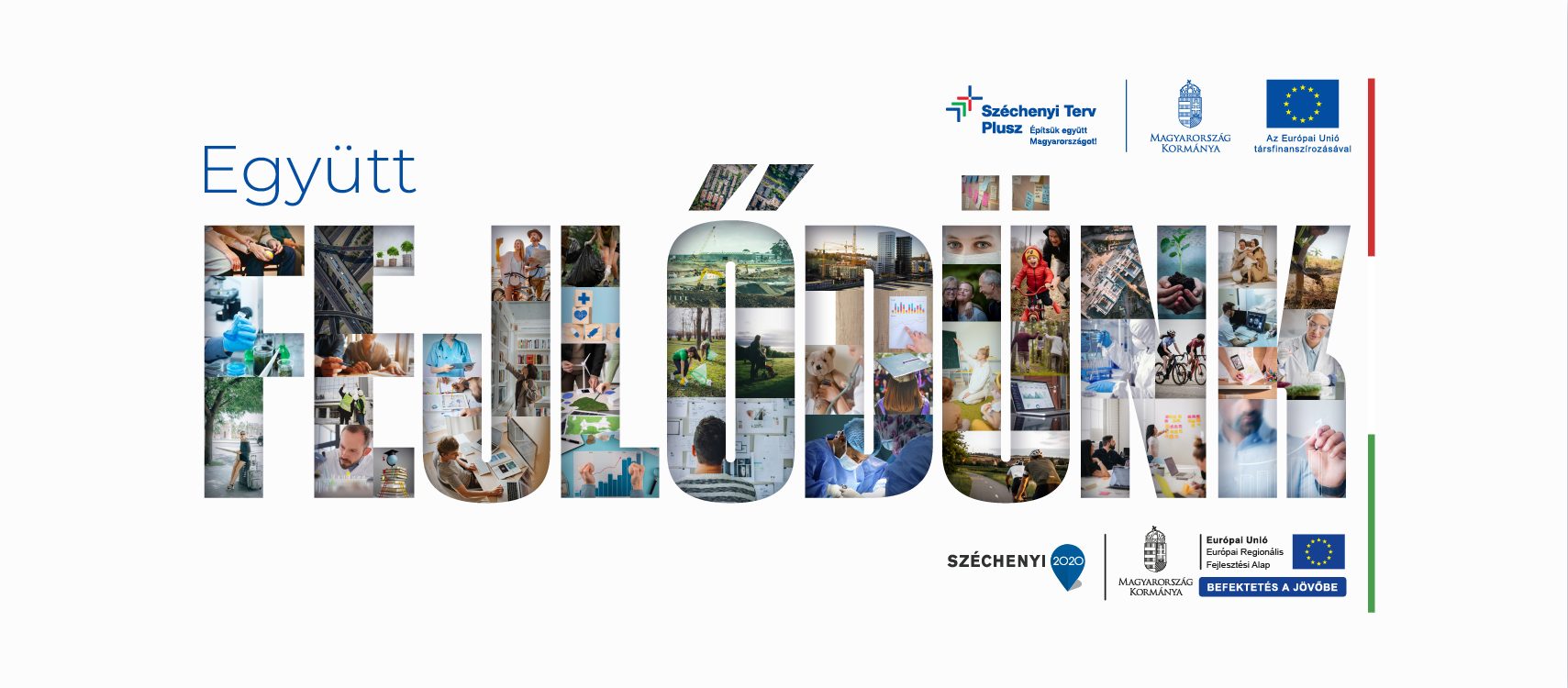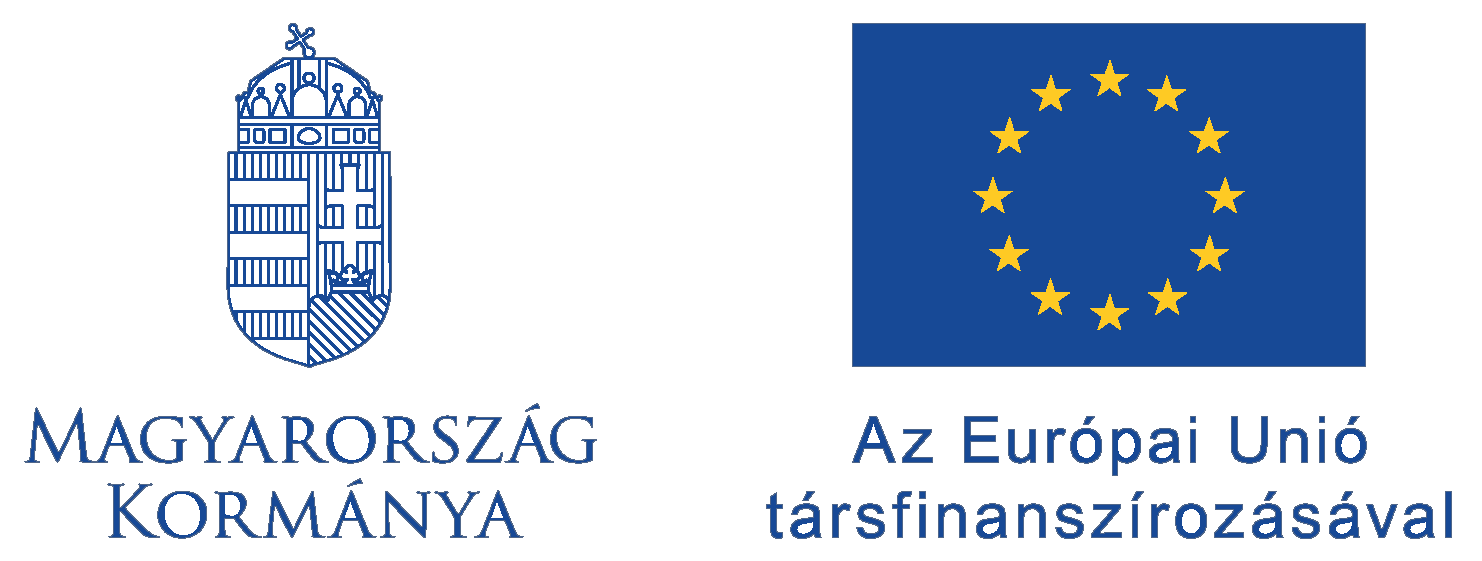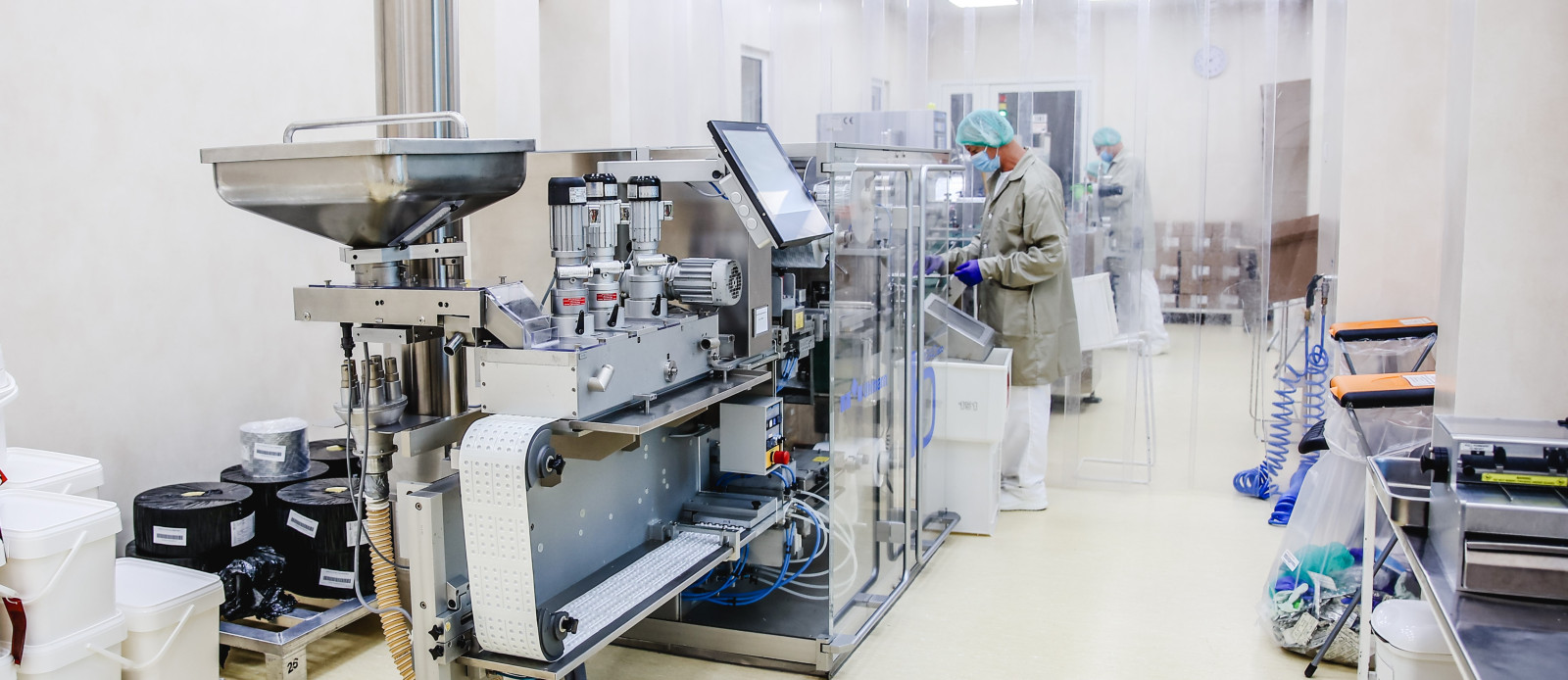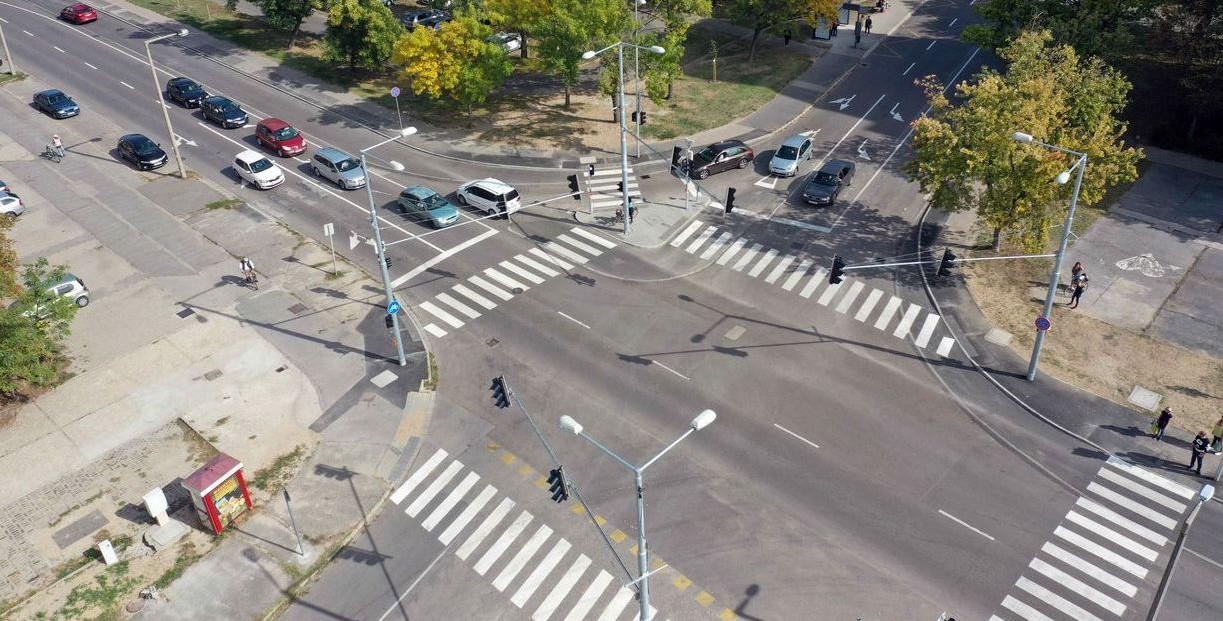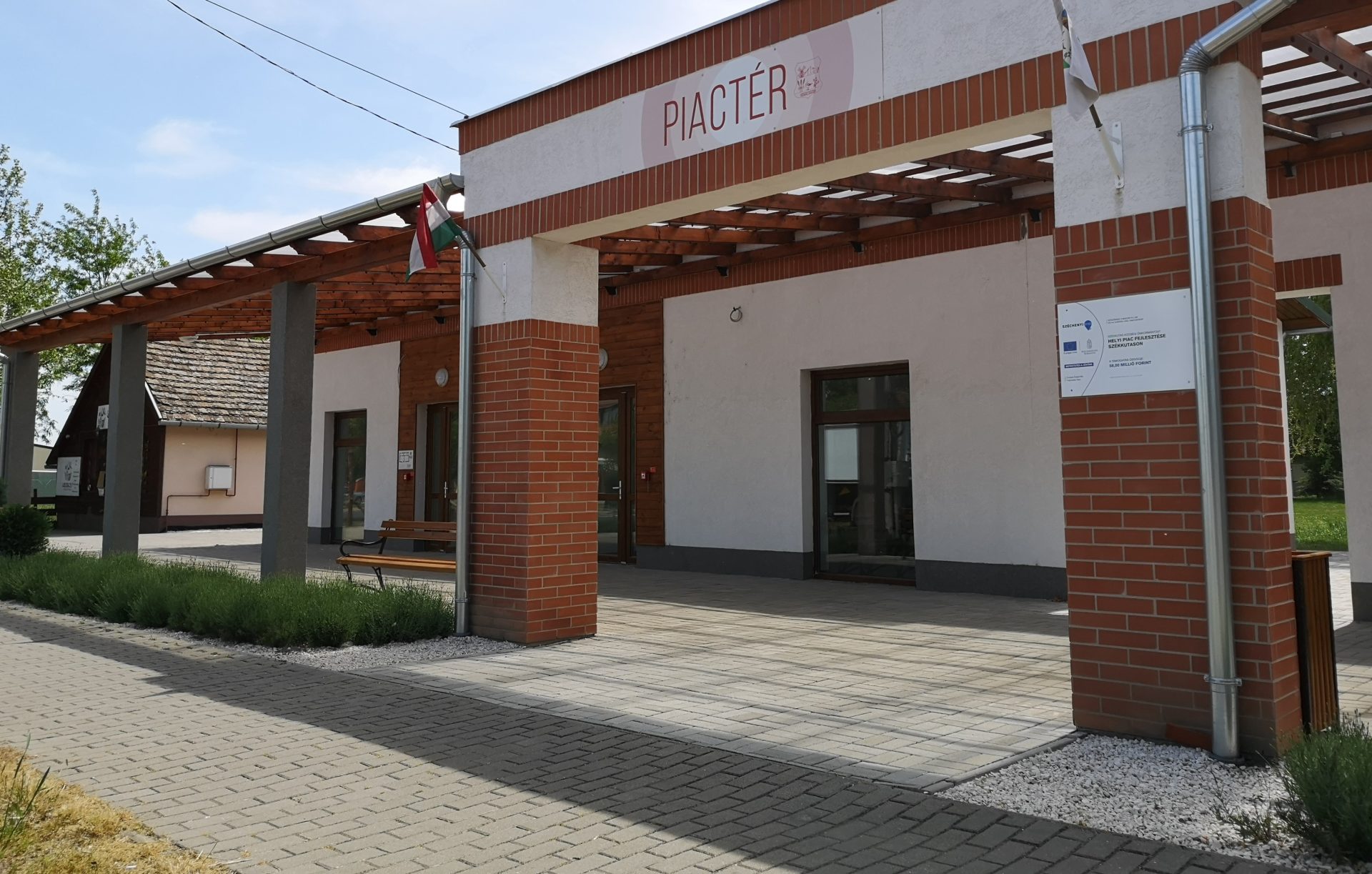Modern patient identification, air disinfection and hand hygiene systems that meet the expectations of the 21st century support the healing of patients at the Bács-Kiskun County Hospital, which is one of the largest health institutions in the region and the country. In the 2014-2020 period of the European Union, the complex infrastructure investments made from the funds provided by the Széchenyi 2020 program will greatly help to reduce care-related infections.
The infrastructure of the Bács-Kiskun County Teaching Hospital has been renewed in several areas in recent years, as previous investments did not cover developments aimed at increasing patient safety. The support came from the Széchenyi 2020 program was utilised to build a patient identification system that integrates into the processes already used by the hospital. As a result of developments including IT elements, the quality and accuracy of patient identification has significantly improved due to the electronic recording of hospital care and processes, and the working time required to document has been significantly reduced. The system assists patient identification processes in registration, electronic data recording, health interventions and diagnostic areas with one hundred and fifty thousand barcode readers, sixty barcode printers and ninety thousand armbands.
As the largest provider of the county, the Bács-Kiskun County Teaching Hospital is also one of the health centers of the Southern Great Plain region. At its three sites – in Kecskemét, Kiskunfélegyháza and Kalocsa – they supply about eighty-six thousand inpatients a year, and in the clinics the annual patient turnover is almost two and a half million. About two thousand five hundred employees work in the institution for the recovery of patients, who are working four thousand eight hundred hours per week in specialist and a thousand hour in non-specialist outpatient care. The hospital provides progressive care at the highest level in thirteen medical specialities and sixteen departments.
All this exponentially justified the development of modern hand hygiene systems. Thanks to the support received, the hospital procured and placed one thousand one hundred and twenty-five wall dispensers at its three sites. They also purchased eighty colourful wall dispensers, fifty to fifty lockable, so-called vandal-proof and sensory dispensers. As the tender also allowed to purchase consumables, a thousand three hundred liters of alcoholic hand sanitizer were also purchased. Modern air disinfection is provided by twenty-one new mobile air disinfection equipment that can be used in the wards, as well as two automatic endoscope washing machines and a special manual disinfection table.
Developments in the 2014-2020 period of the European Union have significantly reduced the number of hospital infections in the institution and made hospital care faster and more efficient.
The development was implemented from EU funding in the project EFOP-2.2.18-17-2017-00056 under Human Resource Development Operational Programme.
Find out more about the project in the Project Finder:Details
